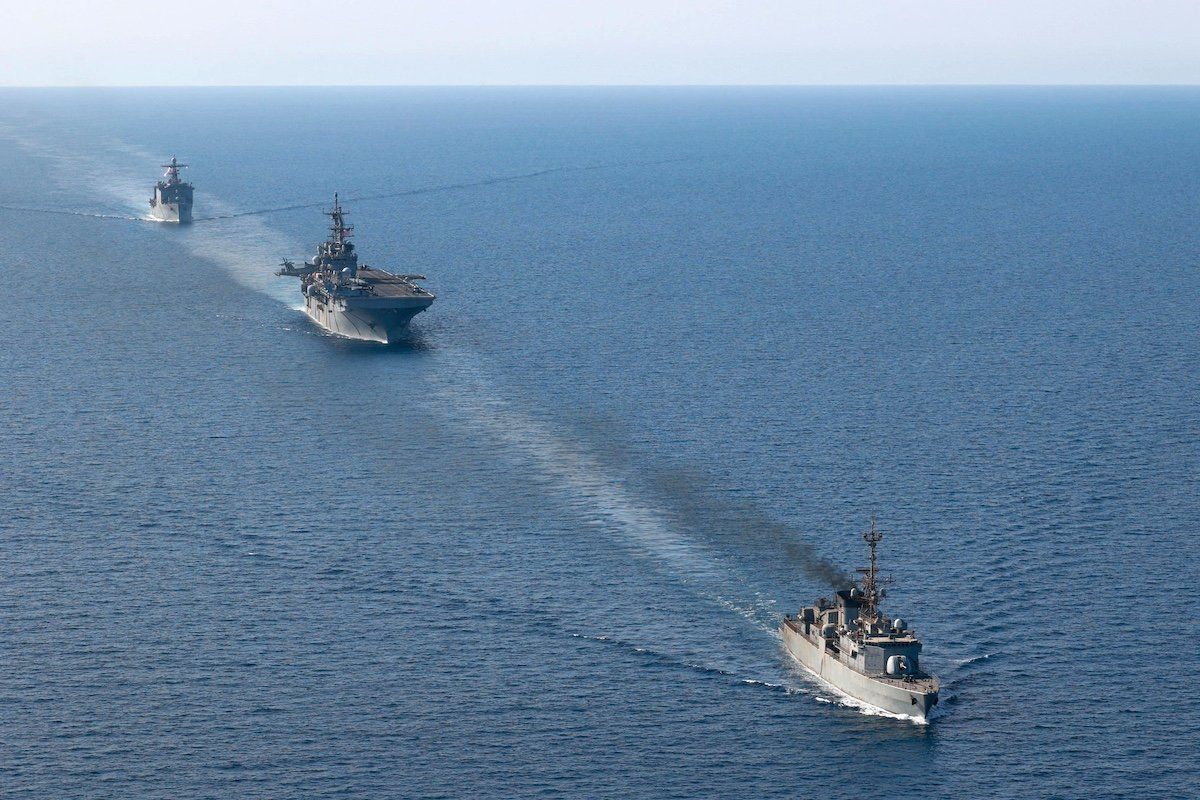The US is leading a new multinational security force to thwart the Iran-backed Houthi rebels in Yemen from further attacks on commercial vessels in the Red Sea – one of the busiest shipping routes in the world. The attacks, which the Houthis say are retribution for Israel’s war in Gaza, have already
disrupted global commerce. The Houthi rebels remain defiant, however, in the face of this 10-nation security initiative and on Tuesday vowed to carry out attacks in the Red Sea every 12 hours.
“Our position will not change in the direction of the Palestinian issue, whether a naval alliance is established or not,” said Houthi official Mohammed Abdulsalam.
Notably, the new US-led maritime protection force primarily involves Western countries and only includes one Arab nation – Bahrain. This could signal that other countries in the region are reluctant to become entangled in the escalatory situation. Saudi Arabia has spearheaded a devastating war against the Houthis since 2015 but has recently taken steps to exit the conflict.
The alliance also does not involve China, despite the fact roughly 60% of Chinese exports to Europe travel through the Suez Canal (which connects the Red and Mediterranean Seas). Beijing’s only overseas military base is also in Djibouti – a country situated directly across from Yemen on the narrow Bab el Mandeb Strait.
The US sent invitations to 39 countries to be a part of the alliance, though China – which often sides with Iran on geopolitical issues – was not among them.
The new coalition – Operation Prosperity Garden – also includes the UK, Canada, France, Italy, the Netherlands, Norway, Seychelles, and Spain. The US is expecting
more countries to join in the days ahead.
